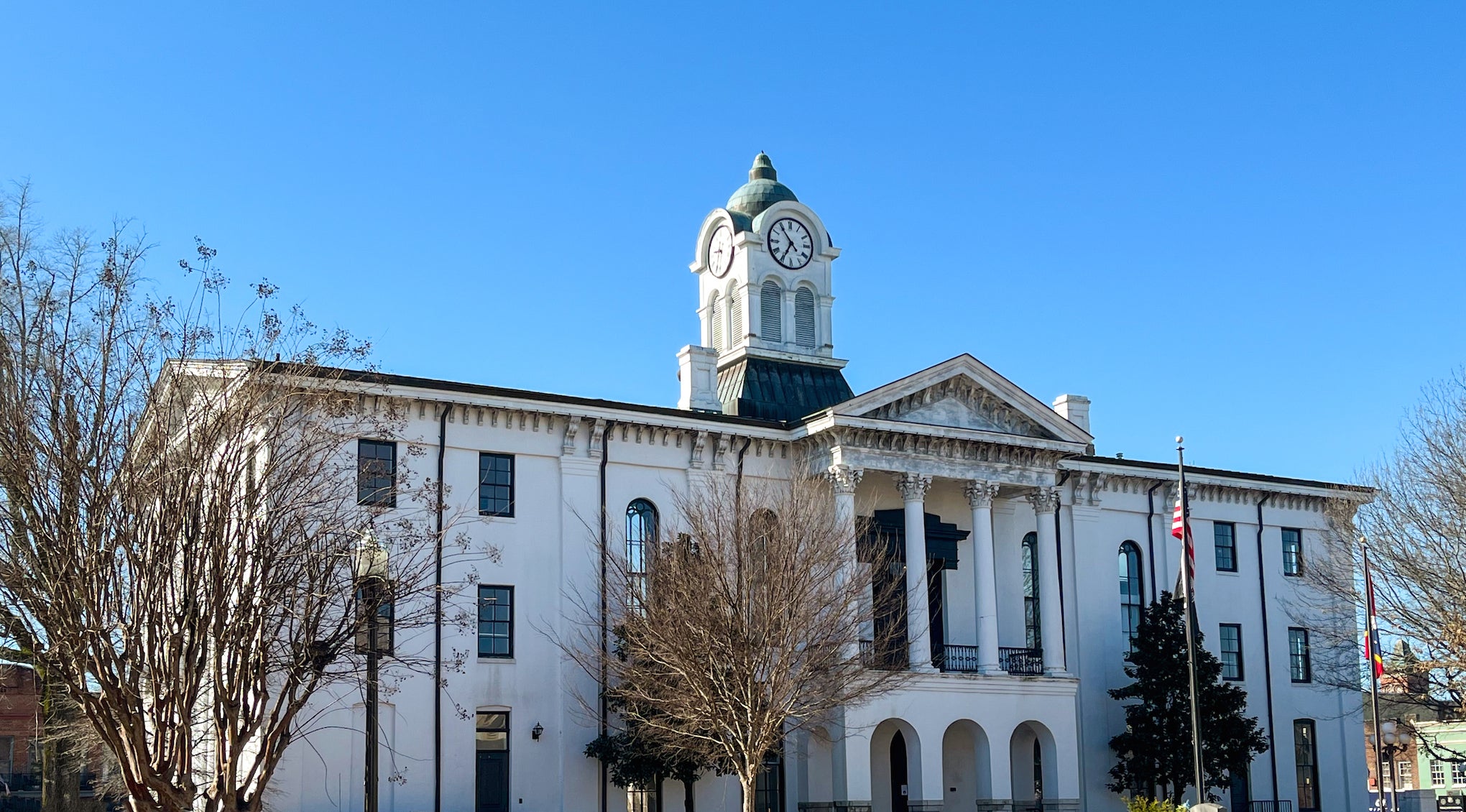Charter School attorney speaks in Oxford
Published 10:30 am Sunday, March 18, 2018
Shad White, director of the Mississippi Justice Institute, came to Oxford this week to discuss the state of charter school litigation at the Republican Women’s Luncheon.
MJI is on one side of a lawsuit filed by the Southern Poverty Law Center, which states that charter schools in the state of Mississippi violate two parts of the state constitution, sections 206 and 208, both of which concern funding. Currently, there are only three charter schools in the state, all located in the Jackson area. However, over 40 states have charter schools of their own.
A Hinds County chancery court recently ruled in favor of MJI and their clients, saying charter schools were constitutional. SPLC contested this ruling, which means the case will soon head to the Mississippi Supreme Court for a final ruling.
White says MJI got involved with the case in the interest of advocating for the families of those affected.
“Mississippi Justice Institute is a watchdog organization, and we represent people in court for free when the government takes some of their rights away,” White said. “We thought that parents who send their kids to charter schools deserved to have a voice too, because they’ve got the most at stake.”
Charter schools are publicly funded independent schools established by teachers, parents or community groups under the terms of a charter with a local or national authority. These schools are not part of a district school system and are open to all students for no charge. Students are selected for the schools via a lottery system, which by law is designed to provide an unbiased student body that reflects the diversity of district schools.
The issue, according to Will Bardwell, a senior staff attorney with SPLC, lies solely in the way funds for the charter schools are appropriated. The SPLC is looking to stop charter schools from being funded by local ad valorem taxes and per-pupil funding from the Mississippi Department of Education. Ad valorem taxes are most commonly based on the assessed value of items such as property.
“Charter schools themselves are not unconstitutional, but the method that the Legislature chose to fund charter schools is unconstitutional,” Bardwell said. “The Mississippi Constitution only allows a school district’s property tax revenue to be used by schools under the district’s control, and it does not allow state school money to go to any school outside the control of both the state superintendent and a local district superintendent. As it’s currently written, the Charter Schools Act violates both those limitations.”
Bardwell added that his clients’ intention was to always take the case to the state Supreme Court, with the hopes of requiring legislators to find a way to fund charter schools without “violating the constitutional rights of Mississippi’s 480,000 public schoolchildren.”
White’s argument on behalf of the charter schools is that, just like public schools, the charter schools have to accept all students who come through their door, up to capacity, free of charge, so therefore the schools are constitutional. He also said the schools provide a feasible alternative for many families in unique situations, and as long as the tax dollars are going to fund education for children in that area, there isn’t a problem.
“I do think that a lot of the purpose of the case is to make more of a political statement about charter schools in general, which is frustrating. It’s frustrating from a more general perspective too, because you go into these schools and you see the communities that these schools are serving are poor, the kids were struggling in their old schools and that’s why they left in the first place,” White said. “Our clients, one of them was mercilessly bullied at her school and just needed a different option. Her parents couldn’t afford private school, and worked, so they couldn’t do homeschool.”
In his speech at the Republican Women’s Luncheon, White said the charter school case is the most important case the Supreme Court has had in years. He described the case as “patient zero” for education reform, saying the final ruling will set a precedent for future cases in the state.
While it’s no secret that Mississippi schools consistently earn last-place rankings in education and that the state has underfunded schools for years, White said the goal of his case is not to put failing schools out of business, but to provide students in those districts with another option for their education. Nancy Frohn, the First Congressional District Director for the Confederation of Republican Women, said Jackson schools are an example of the necessity of charter schools.
“Jackson is a prime example of that. The school system in Jackson, the state should have taken that over years ago,” Frohn said. “And they wonder why they cannot get people to move into Jackson, and they’re going to Madison County or Ridgeland instead.”
However, Bardwell says the amount of money Jackson Public Schools lost to charter schools in the last school year alone is partly to blame for the school district’s problems.
“By the end of the 2016 to 2017 school year, the Jackson Public School District had lost roughly $6 million to charter schools. This cost is only going to increase, and that’s bad for each of JPS’s 25,000 students,” he said. “Just last week, the JPS school board voted to close four elementary schools. One of the reasons that Superintendent Freddrick Murray gave for the closures was a lack of funding. You cannot pull millions of dollars out of already-underfunded schools and expect it not to hurt students.”
For more information on the charter school case, including supporting court documents from both MJI and SPLC, visit the MJI website at http://www.msjustice.org/case/charter-schools/.





